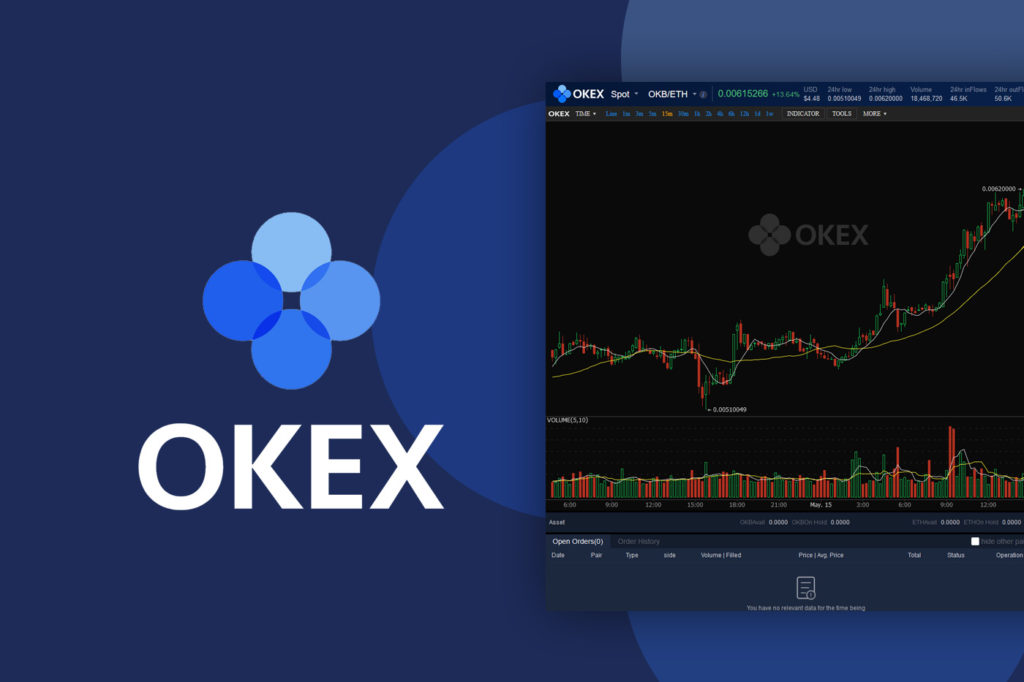OKEx Korea, the South Korean branch of the popular crypto trading platform has announced the removal of five privacy-focused cryptocurrencies from its trading catalog. The exchange becomes the latest to no longer offer crypto trading pairs that include a high-anonymity coin.
The news also signals a further reduction of the South Korean crypto trading market plagued by restrictive regulations and poor financial performance. Already, some platforms have shut down with commentators saying more will follow suit.

OKEx Removes Five Privacy Coins from South Korean Market
In a statement published on its website, OKEx said it would be delisting Dash (DASH), Monero (XMR), Super Bitcoin (SBTC), Horizen (ZEN), and Zcash (ZEC). All five cryptocurrencies have one thing in common — they are all privacy coins.
The crypto exchange also declared that the delisted tokens potentially violate regulations put in place by agencies in various jurisdictions.
Bag holders of the following cryptos have until December 10, 2019, to withdraw their tokens from the exchange. OKEx plans to shut down trading on all trading pairs that involve privacy coins on October 10, 2019.
According to the statement, the move to delist the tokens is part of efforts to comply with guidelines mandated by the Financial Action Task Force (FATF).
Back in October 2018, the intergovernmental anti-money laundering (AML) organization introduced a travel rule requiring robust know-your-customer (KYC) protocols from crypto exchanges.
The protocols involved the collection of customer data such as wallet addresses of senders and receivers of crypto. Since privacy coins obscure user-data, exchanges are not able to retrieve such identifying information.
Regulators Putting the Squeeze on Crypto Exchanges
OkEx becomes the latest crypto exchange to abandon privacy tokens as regulatory pressure begins to deepen. Platforms in FATF member countries increasingly have to comply with more stringent AML laws targeted at the crypto industry.
Tokyo-based Coincheck was one of the first major exchange to delist the likes of Monero and Zcash back in 2018. This increasing level of scrutiny by regulators on exchange platforms is reportedly causing some significant issues.
Commenting on the matter to the Wall Street Journal (WSJ), chief compliance officer at Coinbase, Jeff Horowitz, revealed:
“Is it solvable? Yes. But is there a method that exists today to share this data? No.”
To this end, Horowitz says platforms like Coinbase are working with other exchanges to develop robust compliance plans. In Japan, registered exchanges formed a self-regulatory body — the Japan Virtual Currency Exchange Association (JVCEA).
Crypto exchanges across the globe might benefit from adopting a similar approach. In the end, it might become less burdensome to comply with financial regulations.
For Tom Neylan of the FATF, the policies introduced by the task force have far-reaching benefits even beyond AML. Neylan says, for example, the travel rule provides an audit trail in the case of terrorist attack to trace the movement of funds.
South Korean Crypto Exchange Scene Shrinks Even Further
For South Korean crypto exchange platforms, the news potentially presents another significant regulatory hurdle. Already, banks are setting stringent AML requirements before renewing access to account services.
The delisting of these five tokens may also cause a significant reduction in crypto trading volume in the local market. As reported by Blockonomi, platforms in the country are already at the risk of going bankrupt as trading activity continues to decline.
In 2018, only one of the “Big Four” exchange platforms posted a profit. Some crypto exchanges in the country have already shut down operations citing regulatory problems.
There is even a growing trend of crypto and blockchain startups electing to list their tokens on overseas exchanges.




